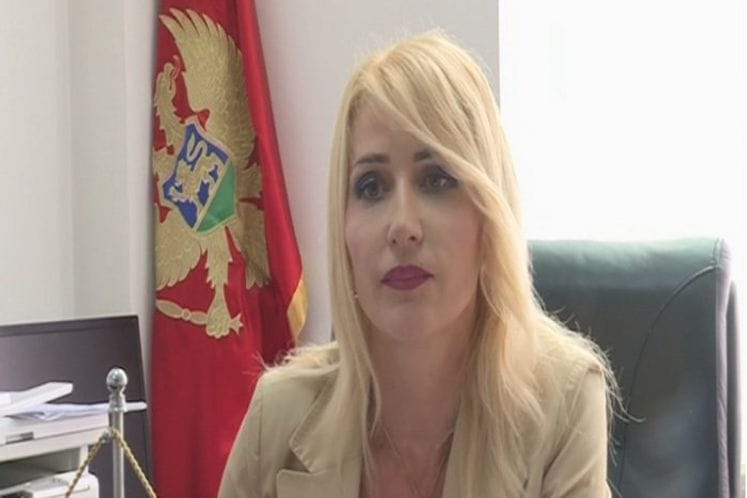- Government of Montenegro
Ministry of European Affairs Montenegro needs to keep its workers and get ready...
Please note: The page below represents the archived content relating to the previous Government of Montenegro. Some of the information might be inaccurate or outdated.
Archive
Montenegro needs to keep its workers and get ready for EU market

Published on: Aug 9, 2019 • 7:26 PM Author: KEI
Montenegro has made limited progress in Chapter 2 - Free movement of workers.
The Ministry of Labour and Social Welfare adopted in March an action plan that envisages strengthening of administrative and institutional capacities, which is a recommendation by the European Commission`s Progress Report.
“When it comes to Foreigners Law, the Labour Law, we have limited progress in this area and the recommendations relate to the establishment of administrative capacity”, Chief Negotiator for Chapter 2 Ljiljana Simović assessed.
“Two million workers have left Poland and Poland have been pushed for a contract with Ukraine on imports of labour”, Simović added.
According to the Ministry of Labour and Social Welfare, the Montenegrin Employment Service`s access to the European Employment Network requires three million euros to train staff and appropriate software. Furthermore, accessing EURES and creating a portal will give citizens an insight into job vacancies in EU Member States, Norway, Iceland, Switzerland and Liechtenstein.
“Annually, more than two million job vacancies are published at EURES, and personnel and citizen`s training are required”, Gordana Vukčević said.
The experience of the countries in the region shows that, with EU membership, a number of citizens have found work in other countries.
“Croatia has a large labour shortage because a large number of young people have left the country and now Croatia is seeking panicky for that workforce in the region”, representative of the Union of Free Trade Unions of Montenegro Srđan Keković noted.
The Union stressed that it is necessary to ensure that highly-educated staff remain in Montenegro, while allowing non-employed workers to acquire the knowledge and skills needed for EU labour markets.
“The creative workforce should be retained through various incentive measures, higher salaries, and housing issues”, Keković underlined.
The Union of Free Trade Unions of Montenegro will also organise a conference in the autumn, in order to discuss the advantages and disadvantages of opening up the European labour market to our citizens.
Source: RTCG Portal
Related articles:
Twenty-sixth Newsletter on European integration Dec 29, 2023
Is this page useful?
